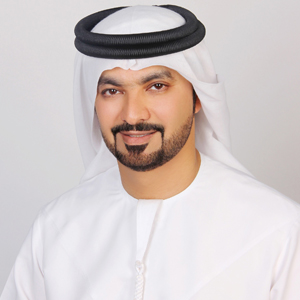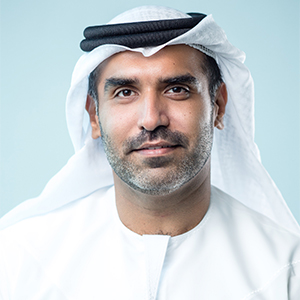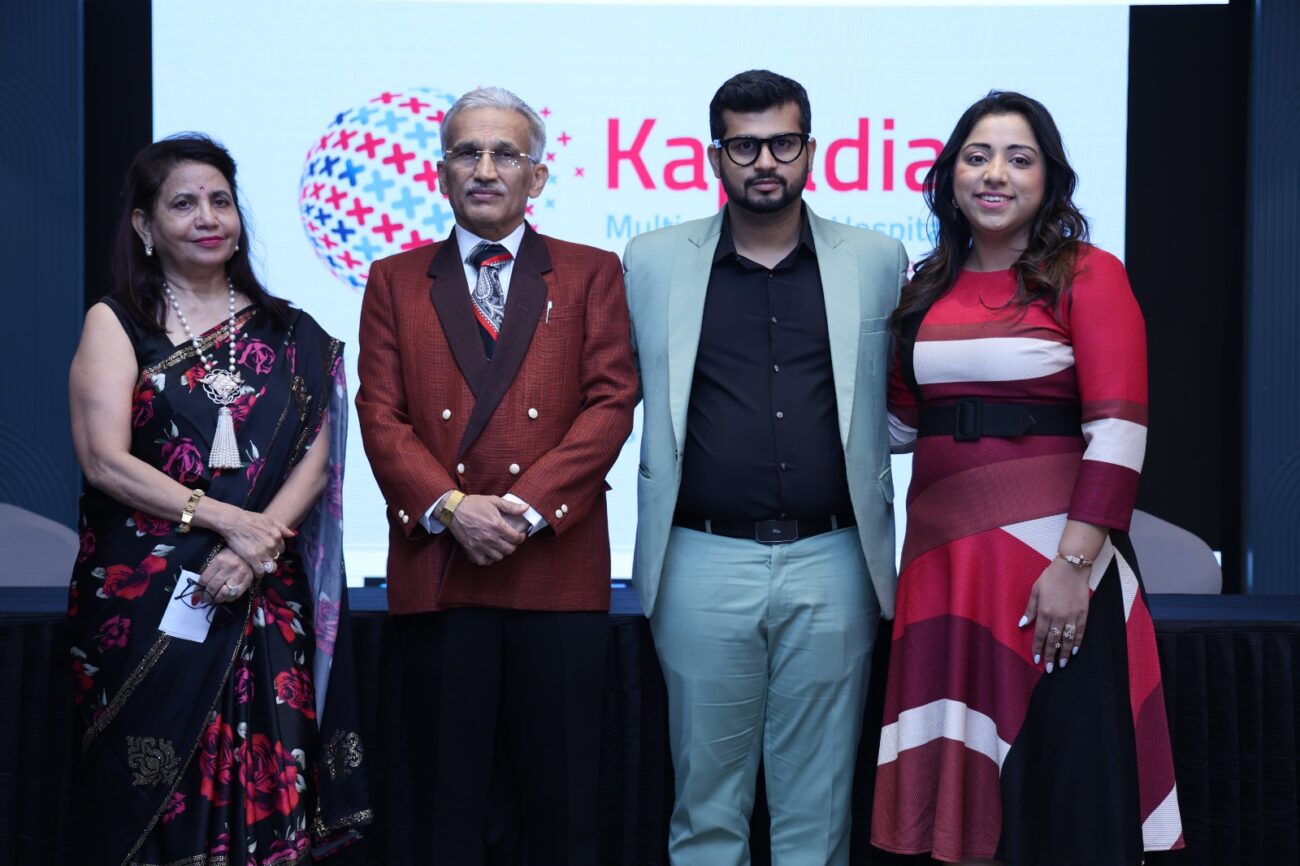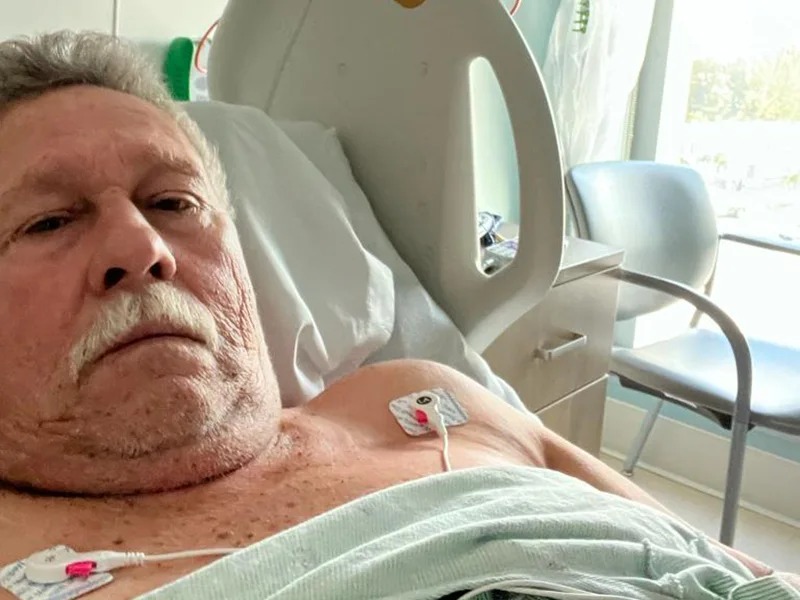Dubai Science Park Hosts Insightful Advance Health Webinar on Asthma, Allergies
Healthcare experts underscore vital need for genetic profiling, telemedicine in managing conditions during, beyond COVID-19 14 per cent of UAE population, nearly 1.3 million residents, suffer from some form of asthma Patients suffering from asthma

- Healthcare experts underscore vital need for genetic profiling, telemedicine in managing conditions during, beyond COVID-19
- 14 per cent of UAE population, nearly 1.3 million residents, suffer from some form of asthma
Patients suffering from asthma and other chronic allergies in the UAE should not fear the proliferation of data that is currently available to help document and manage their conditions and should instead aim to facilitate genetic profiling that could play a key role in helping them combat life-threatening conditions, medical experts said in Dubai today.
The experts addressed the first Advance Health webinar for 2021 on the topic of Asthma and Allergies, hosted by Dubai Science Park, the region’s leading science and healthcare-focused business district, to offer greater insight on the medical, social, and economic burden that these conditions placed on the UAE’s healthcare system, and to better understand the current and evolving strategies and therapies for prevention and treatment.
The freewheeling discussion also highlighted the special considerations healthcare practitioners and patients need to make during the pandemic. In addition, it tackled the emerging trend of telemedicine and the crucial roadblocks in its uptake in the context of asthma and allergy management.
Welcoming participants to the session, hosted in collaboration with Synapse Medical and Connect Communications, Marwan Abdulaziz Janahi, Managing Director of Dubai Science Park, who also moderated the webinar, said: “Living in the arid and warm desert environment serves as a natural trigger for conditions like allergic rhinitis and asthma. According to the United Nations estimates, nine out of 10 people are exposed to air pollution, and nearly seven million asthma patients die annually from an exposure to air pollutants. Realising the gravity of the situation, the UAE has committed to improving its air quality by 90 per cent by 2021.”

Dr Bassam Mahboub, Consultant Pulmonologist and Head of Pulmonary Medicine at Dubai Health Authority, said: “As the UAE transforms rapidly from a developing to a developed country, society will have to weather the related complications of living in over hygienic and over sanitised and vaccinated environments, this has triggered asthma as well as allergies in the population – the most severe allergies in the UAE are linked to dust mites in the air we breathe and to food – sesame, nuts and seafood allergies are the most severe ones recorded in the country.”

Dr David Cremonesini, Consultant Pediatrician, Mediclinic Parkview, Dubai and Adjunct Clinical Associate Professor of Pediatrics and Allergy, said: “A core issue in the UAE is the poor awareness and management of asthma and with the pandemic, this is the biggest concern. Although asthma management is slightly better organised in the government sector, the private sector now needs to start standardising care and building efficiencies. Educating school nurses to be our eyes and ears in spotting severe asthma in children and flagging this to parents and healthcare practitioners can make a difference in early detection and treatment.”
As the country gears up to mark its golden jubilee, he hoped to see stronger policy guidelines, patient control, and education and initiatives around standardising care when patients present themselves with asthma attacks.
Fielding a question on vaccines, he noted that vaccines were a finite resource, and therefore, the government needed to prioritise the most vulnerable segments in distributing it. However, he would highly recommend those on high doses of steroids as treatment for severe asthma, be given first priority in receiving the COVID-19 vaccine.
Telemedicine is Here to Stay

Dr Kevin Auton, Managing Director at Aseptika Ltd, a UK-based healthcare company engaged in developing and marketing an integrated suite of self-monitoring devices and services, said: “Technology and digital have been the hero of the pandemic. Most of our health practices have been very busy, and there is now a greater openness to new approaches and new ways of thinking and working. We have significantly reduced carbon emissions and instead of getting young asthma patients to visit hospitals, practitioners are finding they are just as efficient if they use telemedicine and remote consultation. In the UK, we are committed to reaching carbon neutrality by 2040, and this goes a long way in achieving this goal.”
The experts concurred that telemedicine is here to stay, well beyond the pandemic, given its convenience and speed at treating patients. Despite a reduction in the incidence of severe cases of asthma at this time – that could be attributed to social distancing, not coming in contact with air pollutants and triggers, and the careful attention to hand hygiene – the convenience of administering care is sure to have medical fraternities everywhere considering switching to telehealth for good.
However, they noted that roadblocks remain.
Data and Management
A direct outcome of telemedicine is the question of who retains control of patient data. Dr Kevin Auton said: “In Europe, GDPR rules are very strict about the patient owning the data they generate and who gets to see it. Although this could get tricky in countries where the social healthcare system is paying for the service, patients need to own their data and informed consent is key. The patient should be able to switch on and switch off who gets to see it. It is a really important consideration.”
Dr Bassam Mahboub said: “In the UAE we have a taskforce for data governance, and we have a legislation on telemedicine in Dubai. Patients have the final say in their data and may agree to share it with the regulating body/ insurer other than their practitioners.”
For his part, Dr David Cremonesini said: “Data saves lives. It can inform clinicians that there is a problem if patients move to other hospitals. The National Unified Medical Record System has come in, but there is limited data management in the UAE today. Insurance companies have the data, can they not help the patient with asthma care, asthma compliance, etc? We shouldn’t be scared of data and must remember that it is here to help.”
Answering a question on whether the unified health record would help in the management and treatment of asthma, Dr Bassam Mahboub said: “We have been waiting for this for five to six years. Health records should include the Emirates ID. Blockchain is a great help – it serves as a locker of sorts, where each person holds the key to their health data and can ensure access to the healthcare providers as required.”

Marwan Abdulaziz Janahi noted that it is important to create a robust system and a bridge between the doctor, the patient, and the health system given the evolving situation.
Innovation in Treatment
The medical experts also highlighted that innovation and personalisation in medicine in the UAE is gaining momentum every day with advanced monitors and scanners, and other devices like asthma peak flow, and Omex, which enables studying the genomics and related fingerprints of a patient to understand what medication will help. In addition, biological therapy, and auto injections as well as cutting edge inhalers are making it far easier to offer complete diagnoses even remotely.
However, telemedicine also comes with a new set of challenges, as Dr David Cremonesini said: “Telemedicine came in due to COVID-19 and is here to stay because you get a sense of better management and can monitor the patient outcomes in the long-term. The cost issue is certainly a challenge, although it takes longer than a face-to-face consultation, there is a lot of uncertainty about how to charge in telemedicine. Today there are asthma tests, and food allergy tests that we are not able to do remotely but again, there are ways to get around this, and telemedicine is helping to make sure we are effective.”
Dr Kevin Auton added: “Remote consultation and reimbursement systems are set up on a social basis at present. If the hospital is not being reimbursed, there is a real problem. Looking at how the money is flowing and whether the practitioners are being properly reimbursed, is crucial. Technology is developing faster than policy here.”
The experts agreed that the costs of medicine, and hospitalisation for those who cannot afford it, need to also be explored in-depth as conditions like asthma and allergies require long-term management.
Boosting the UAE’s Response and Recovery
Established in 2005, Dubai Science Park is a vibrant business district, home to leading local and international institutions including the UAE Ministry of Health and Prevention, Pfizer, Medtronic, Olympus and Mettler Toledo.
Many of these companies played a critical role in the UAE’s efforts to mitigate the impact of COVID-19, with companies such as Alliance Global supplying hundreds of thousands of PCR test kits across Africa, the Middle East, and Central Asia.
As part of its commitment to supporting the community last year, Dubai Science Park continued to host a regular series of panel discussions and talks on topics ranging from mental health and well-being to clinical research, and COVID-19.






